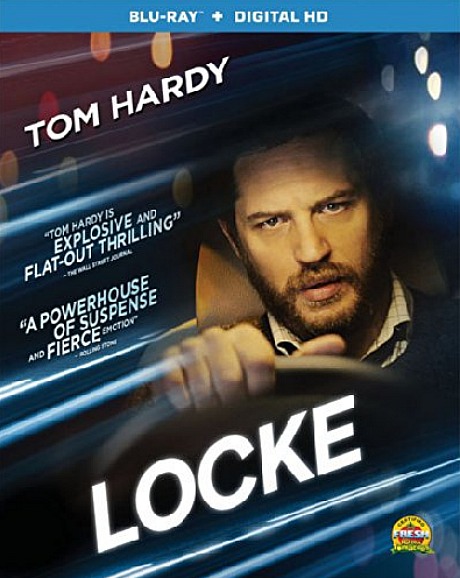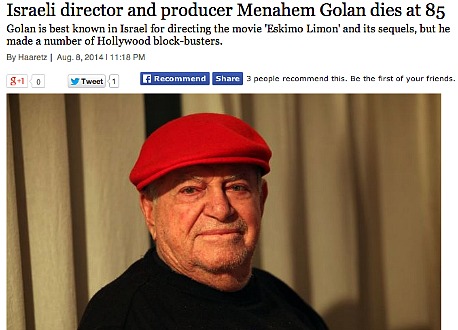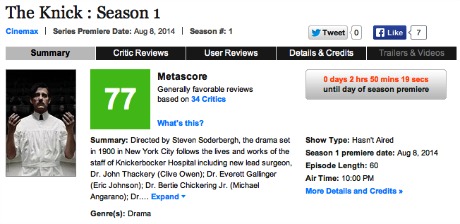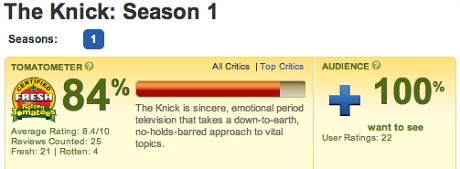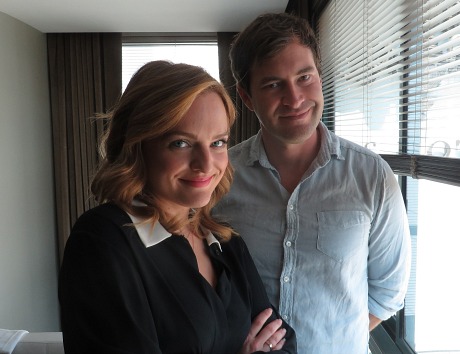I’ve just heard from Telluride Film Festival honcho Tom Luddy, who was a producer on Barfly (’87), the Barbet Schroeder-directed film with Mickey Rourke. He explains that the generic, much-passed-around story about Schroeder, the late Menahem Golan and the electric chainsaw, which I repeated in my Golan obit piece, is incorrect. I’ve also heard from Mr. Schroeder himself.
Luddy: “Jeff — Very nice post on Menachem. [Note: most people spell the late mogul’s first name as Menahem but Luddy prefers the alternate spelling] But part of your text is not quite accurate.
“As I think Barbet will confirm, he went to the office of Alan Abrams, one of the Cannon lawyers, with his Black and Decker saw, not to Menachem’s office. And it was not to demand that they greenlight the film, but to demand that they give us back the film in turnaround, with no onerous ‘turnaround fee’.

